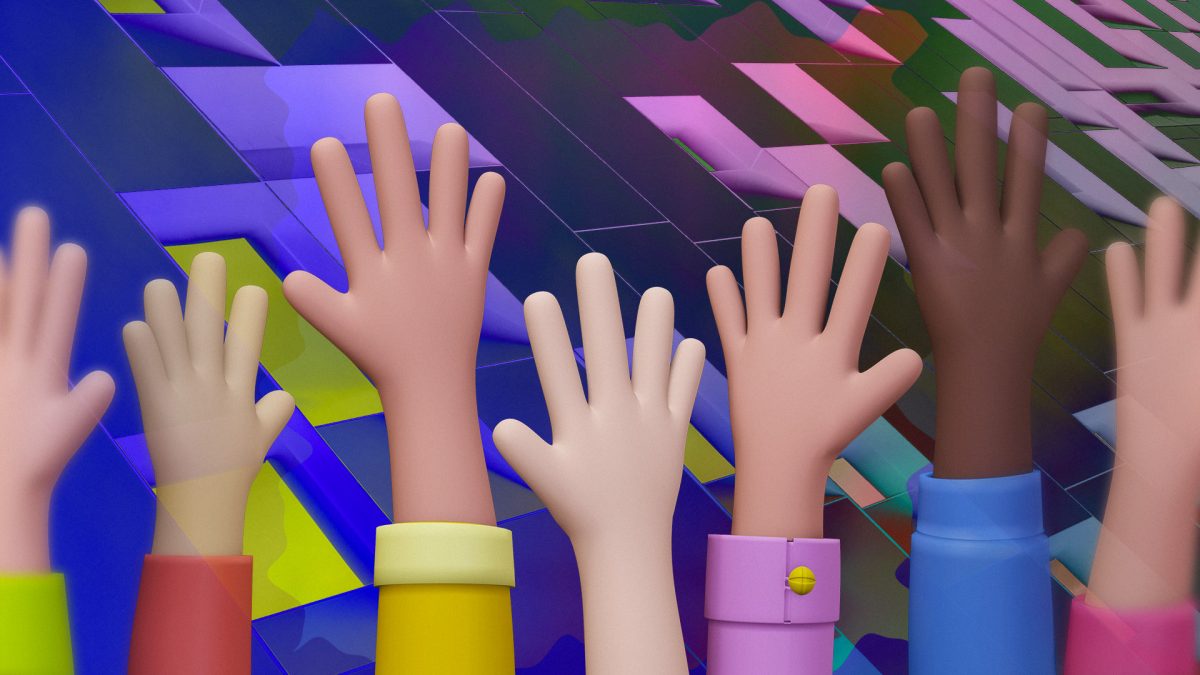Decentralized Autonomous Organizations (DAOs) are groups that operate through blockchain-based smart contract rules to eliminate traditional governance structures.
DAOs give up centralized leadership. Instead, decision-making power is distributed across organizational participants who hold tokens that give them the right to vote on changes.
Basics of autonomous organization
In a DAO, decision-making authority is distributed to all members rather than a single entity or small cluster. Members often hold cryptocurrency to participate in how the organization is run, a process called “governance.” Cryptocurrencies that are specific to a DAO or protocol and grant voting rights to users within the organization are called “governance” tokens.
Token ownership implies DAO membership and gives users a proportional say in the organization’s decisions. This ensures that power dynamics are aligned with each member’s level of stake in the group.
Once deployed, DAOs can operate without human intervention in day-to-day operations. Using terms written directly in code, smart contracts, or self-executing contracts, automate processes and management according to predefined rules.
DAOs may reward members’ contributions with additional tokens to encourage participation and align individual efforts with organizational goals. Users can also stake tokens on relevant protocols as a form of pledge, which can also provide additional benefits to committed members. Each DAO has its own unique operating structure.
If enough people are interested, a DAO can be formed around a specific protocol or topic. For example, in 2021, a group of people banded together to create ConstitutionDAO, a company that attempted, but failed, to purchase rare copies of the U.S. Constitution.
DAO Cryptocurrency
DAO relies on cryptocurrency for its basic functions. By holding tokens, participants can propose, vote, and implement changes within their organization. This sense of ownership creates a sense of responsibility among members who are motivated to act in the best interests of the group.
Some popular cryptocurrencies are actually DAO tokens. For example, MakerDAO oversees the decentralized stablecoin DAI and uses its native token MKR. Decentralized exchange Uniswap has UNI, the governance token of the protocol DAO, and Compound, a decentralized cryptocurrency lending platform, has COMP.
Disclaimer: This article was written with the help of OpenAI’s ChatGPT 3.5/4 and has been reviewed and edited by our editorial team.
© 2023 The Block. All rights reserved. This article is provided for informational purposes only. It is not provided or intended to be used as legal, tax, investment, financial or other advice.

